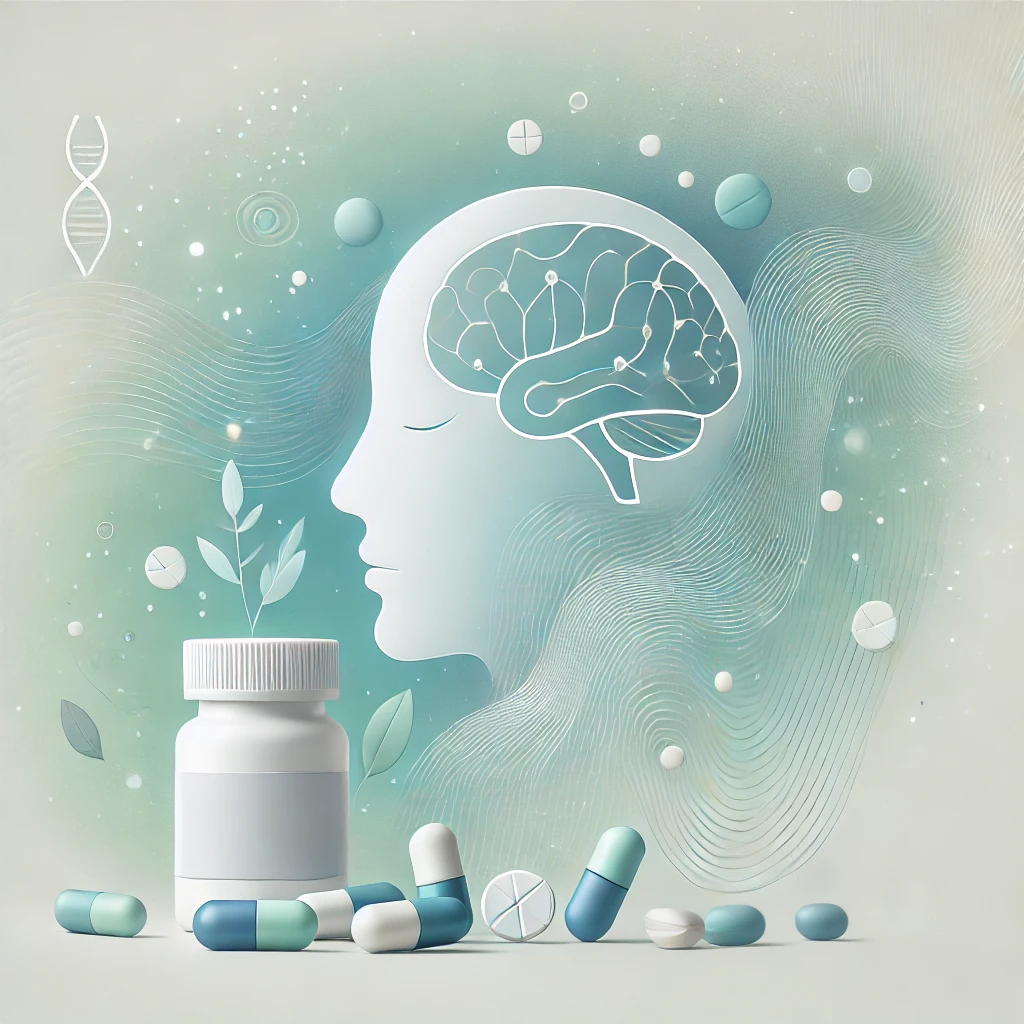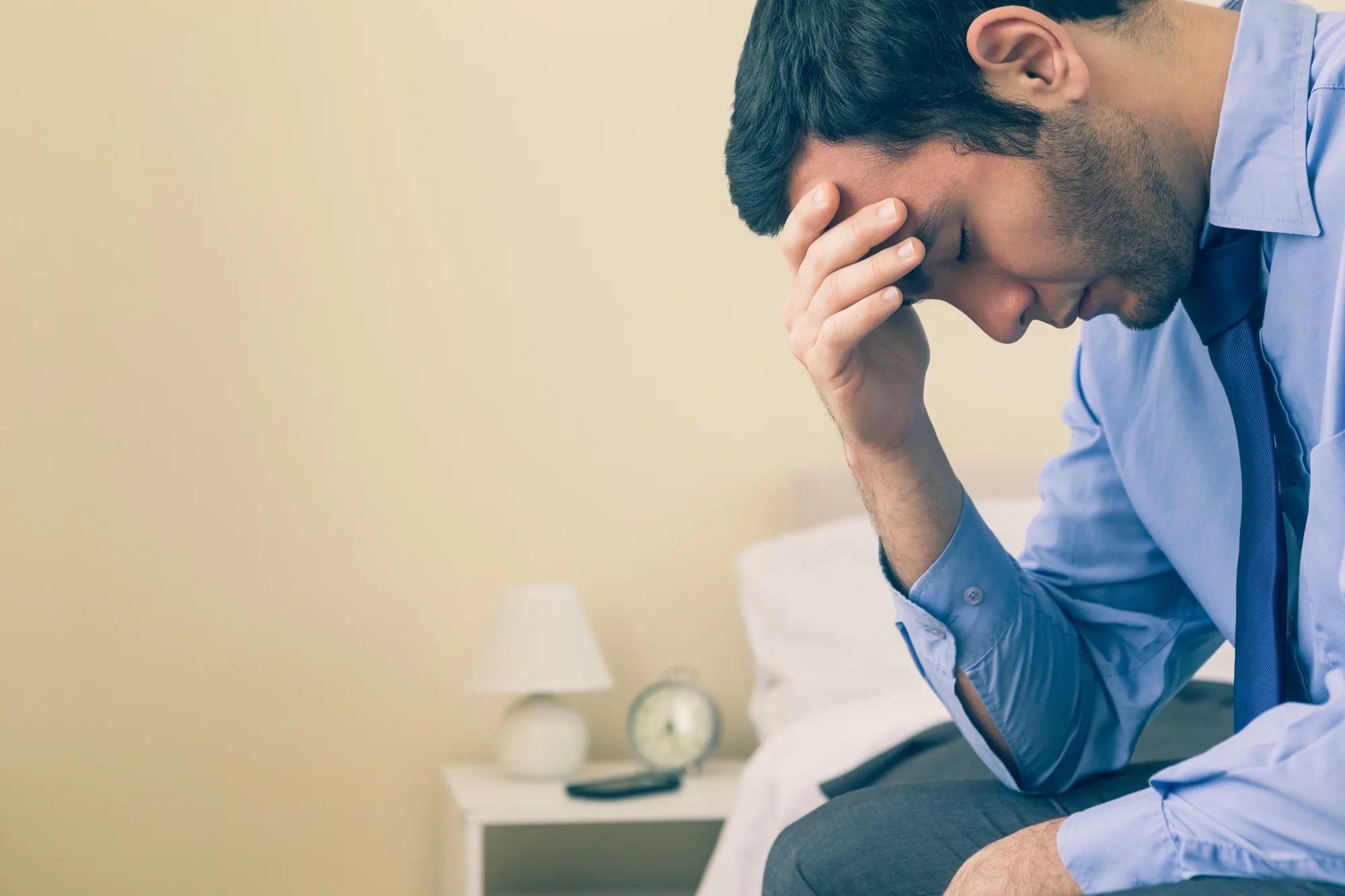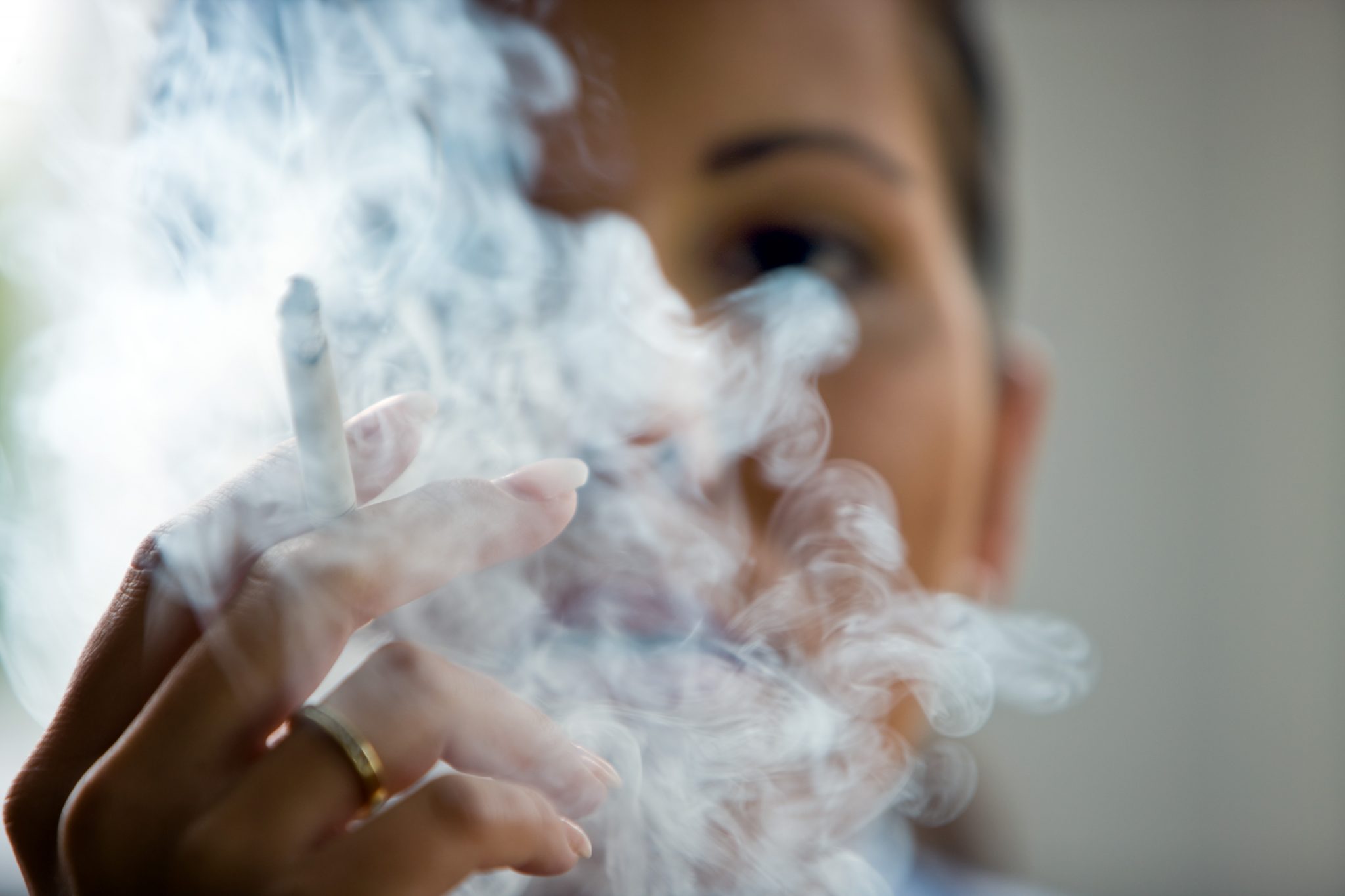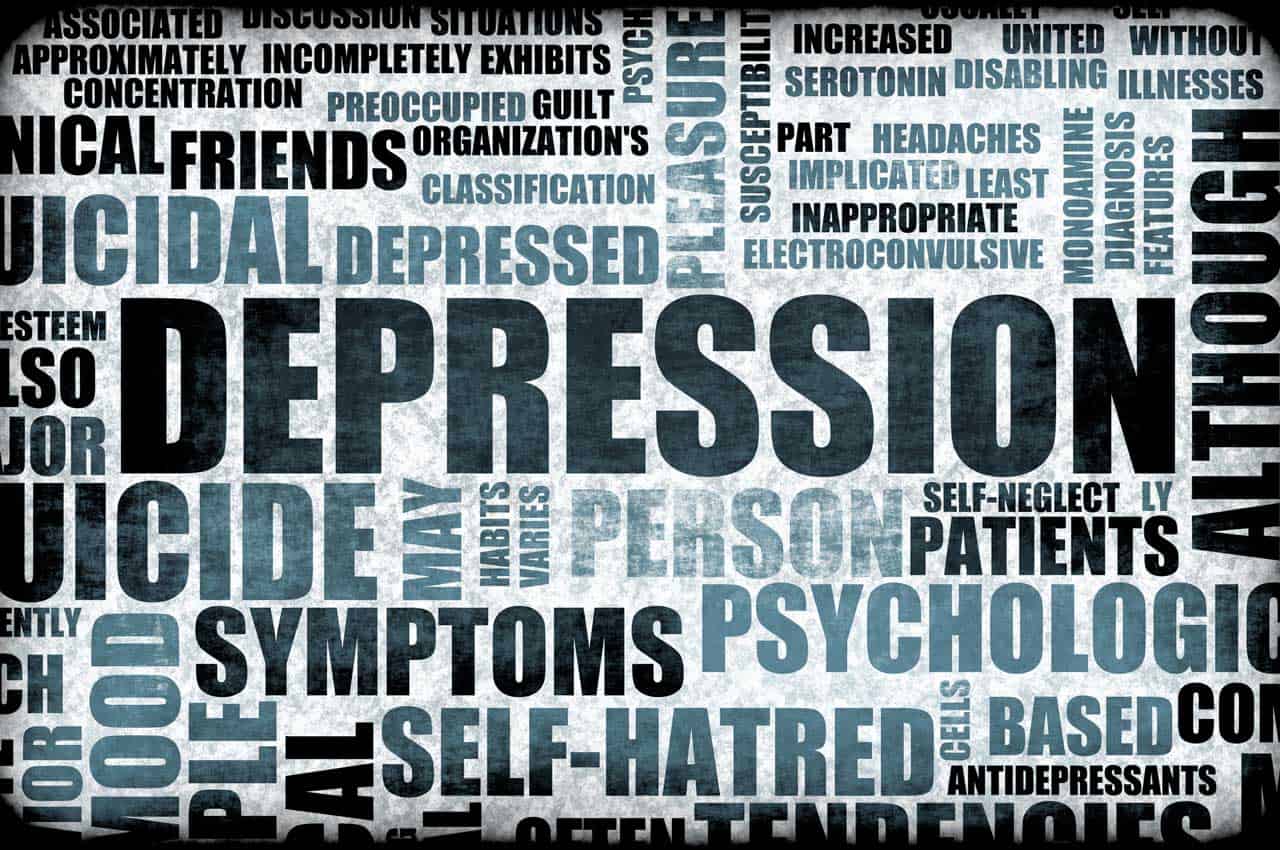Depression is a condition that is poorly understood by the public. Major depressive disorder is widespread, one of the most prevalent mental health issues in this country. It affects an estimated 17.3 million residents including 8.7 percent of adult women and 5.3 percent of adult men.
There is a stigmatism attached to
depression that can keep people from seeking treatment. Despite what you may think, depression is not just a bad mood, and people who have it are not crazy or automatically suicidal. Consider five other myths about depression that are just plain wrong.
1. Rainy Days and Monday Always Get Me Down
Myth: It’s just the blues. While it true that everyone has a down day now and again, that’s not the same thing as depression. It is a common misconception that depression is not an illness. The fact is depression is a severe medical condition instead of just sadness. Although the exact cause is unknown, there is biological evidence to support:
- Physical changes to the brain
- Brain chemistry
- Hormones
- Genetics
Research shows that specific nerve circuits in the brain malfunction in depression.
2. You Can Check In But You Can Never Leave
Myth: Once you start treatment, you can never stop. Asking for help or seeking treatment when you have depression does not necessarily mean decades of therapy or medication for life. Depression is usually episodic, and some people do experience it on and off throughout their lives. People with chronic depression may or may not take medication to manage it. “Talk therapy” can help without medication and even if drug therapy is necessary, it doesn’t have to be for life.
3. I Don’t Want to Talk About it
Myth: Talking makes it worse. People say just let it go or try not to dwell on how you feel because if you talk about it, you’ll feel worse. For many, talking is the best therapy. Psychological therapy and medication together tend to offer the best hope for those with moderate to severe depression, according to a 2015 study. Cognitive behavioral therapy (CBT) is the gold standard of care for depression because it focuses on helping an individual stop distorting thoughts and beliefs. It also provides coping strategies that help prevent depressive episodes. Thinking positive tends to shine a light on things, and CBT teaches that skill.

4. I Can’t Go For That
Myth: Depression medication doesn’t work anyway. It’s true that some people do not respond to antidepressants, but many do well on them. A study conducted by the
National Institute of Mental Health found 70 percent of people become symptom-free on medication. The downside of that is 30 percent do not get the relief they need from medicine. New treatments like ketamine are proving to be promising for treatment-resistant depression.
5. It’s All About MeDomino, Hand, Stop, Corruption, Domino
Myth: Depression only affects one person. The burden of depression has a domino effect that reaches families, employers, and friends. It also can lead to directly or indirectly to other medical problems such as:
- Obesity and the complications that come with it such as diabetes and heart disease
- Drug addiction as people try to self-medicate to feel better
- Anxiety and other mental health disorders such as social phobia
- Self-mutilation
- Premature death from a related illness
- Suicide
For every one dollar that goes to treat someone with depression, another 4.70 dollars is necessary to treat complications from associated diseases. Tack on an additional 1.90 dollars for economic costs like missed days at work.
People We Have Helped
The Future of Depression Looks Bright
Even as beneficial as medication therapy is for most people with depression, the fact remains that it doesn’t help everyone. New studies show that the answer for these individuals who fail to respond to treatment might be found in
ketamine.
Technically, ketamine is a class III scheduled anesthetic used for minor surgeries. Specific side effects of taking ketamine also make it a popular party drug. Ketamine has been around for decades, but it wasn’t until the year 2000 that researchers started looking at it for treatment-resistant depression. Multiple studies show promising results. Medically administered ketamine could turn the tables for those who get no relief from traditional treatments.
Currently, researchers are not sure why ketamine infusions work, only that they have different mechanisms than antidepressants. Most drug therapies for depression affect neurotransmitters in the brain. Neurotransmitters are like chemical messengers that tell your body to do something or stop doing it. They also control emotions and mood.
Ketamine works differently. It acts on the receptors that bind with the neurotransmitters to trigger an action. Scientists believe that by blocking the receptors for NMDA or glutamate, they change how the brain interacts with other receptors. By reducing the glutamate, the effect of the ketamine is almost immediate.
The Need for Speed
Antidepressants take weeks to provide relief. For some, the wait is too long — close to 800,000 people die each year from suicide.
As a rapid-acting medication, ketamine works instantly to reduce the negative thoughts that come during a depressive episode even the ones that might lead to suicide. Suicidal thoughts tend to be a preoccupation, blocking out any of that positive thinking that could turn depression around. Someone seeking treatment for depression at a hospital or clinic might not have eight weeks before the suicidal thoughts win.
Treatment with ketamine can eliminate those thoughts almost immediately reducing the risk of suicide. Ketamine may also reduce what keeps people from feeling pleasure for things they used to find rewarding. A 2017 study published in The American Journal of
Psychiatry found that ketamine was worked better than other drugs used to control suicidal thoughts. Without those thoughts, the patient may be able to benefit from other treatments like CBT.
While ketamine might not be the right choice for everyone with depression, it may open doors for that 30 percent that can fall through the cracks. More treatment options mean fewer complications and better patient outcomes.
If you or anyone you know is suffering from a Depressive Episode, share this article with them. Or
reach out to us at
[email protected] or in comments section below to discuss and find out the best route to cure depression for you.



























